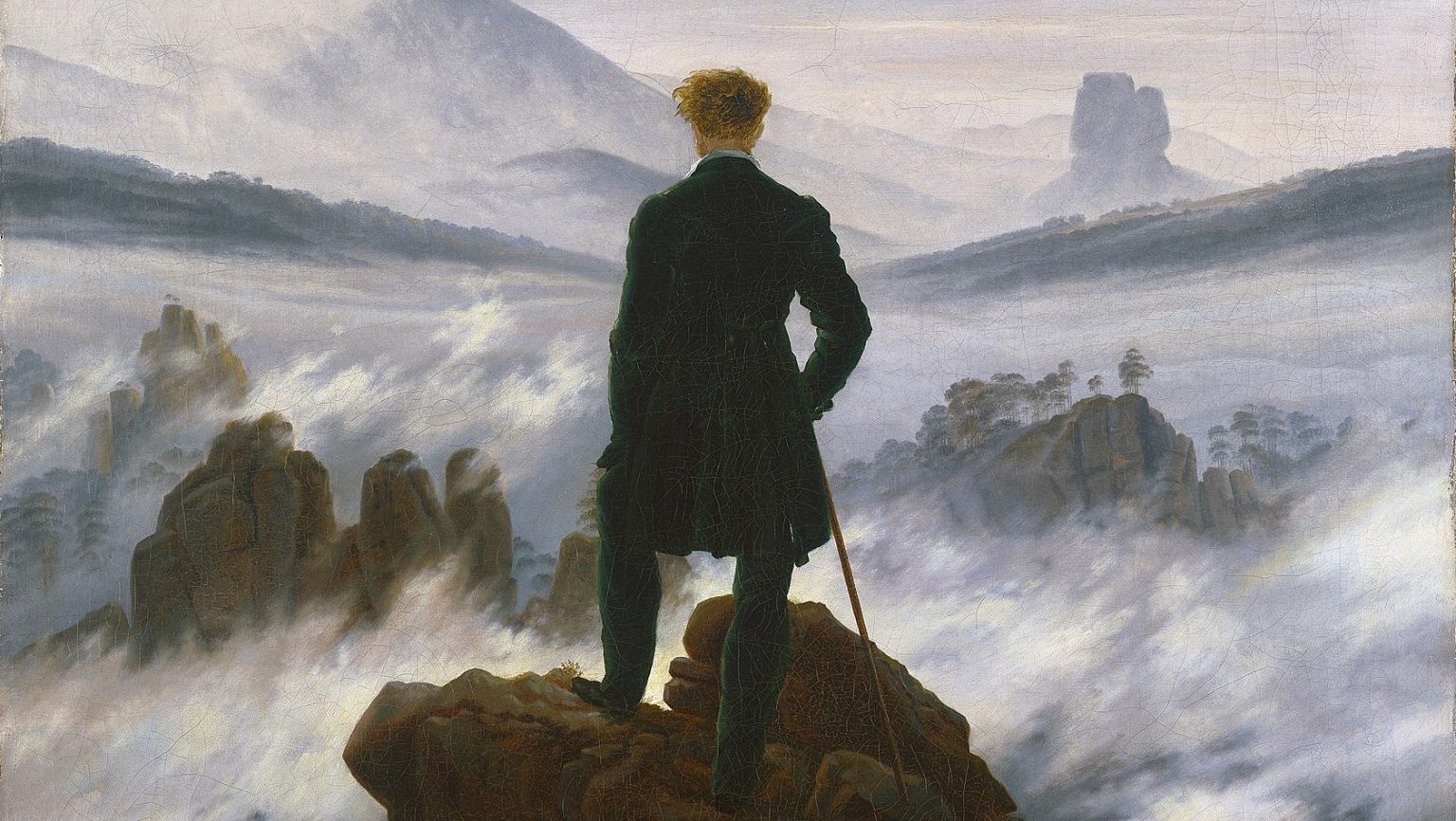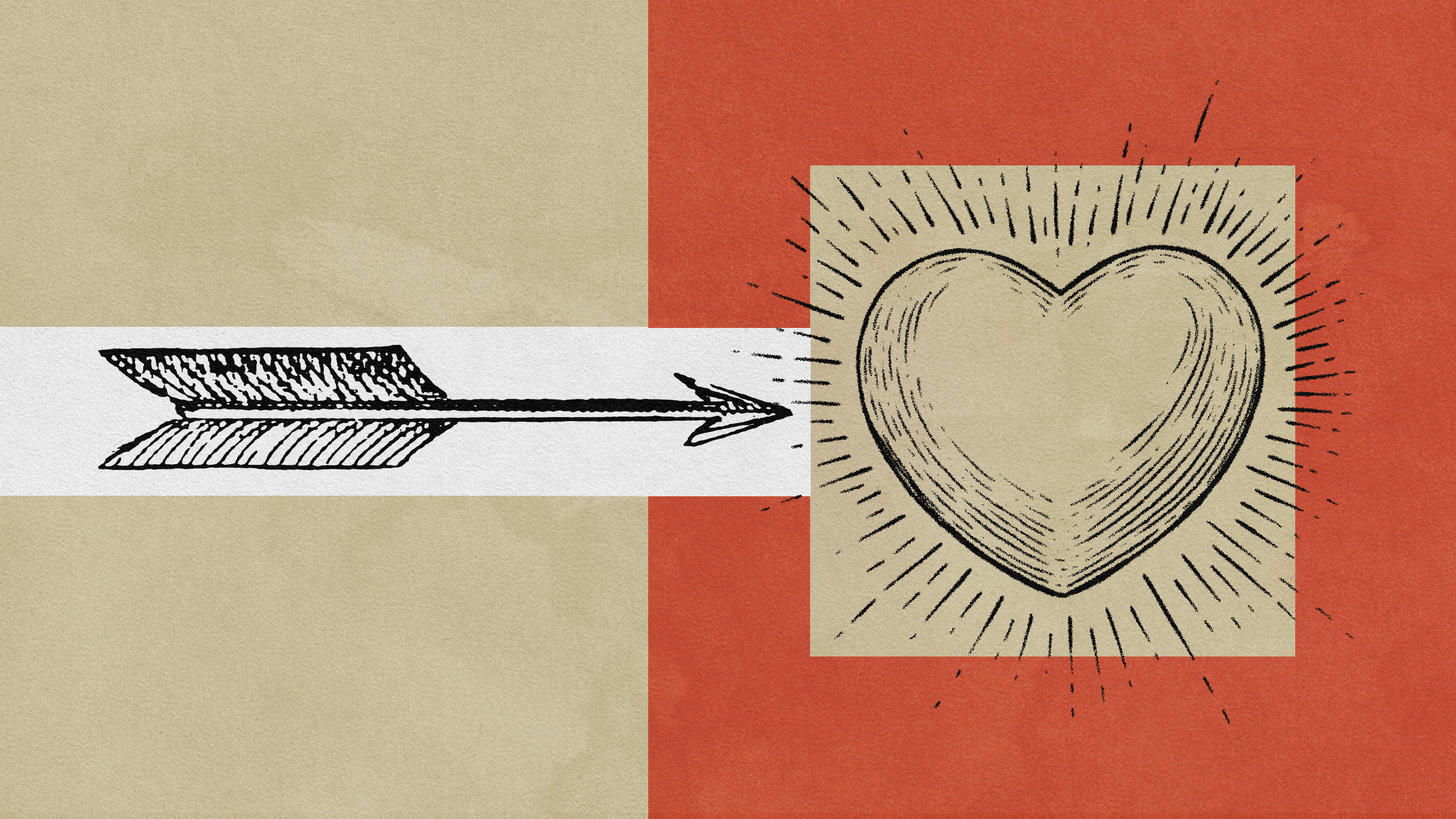In the face of cruelty and sorrow, there is a form of love that can propel people past feelings of bitterness and revenge and into the desire to promote justice—for Cornel West this force is embodied in the blues.
Question: What is the “bluesman”?
Cornel West: Well, see, the bluesman, of course, or the blueswoman, is someone who begins with the catastrophic. See, the blues is all about graphical chronicle of personal catastrophe expressed lyrically. So it's a lyrical response to the monstrous, like the first sentence of Kafka's Metamorphosis. Gregor Samsa grows up uneasy -- I mean wakes up from an uneasy dream, finds himself transformed in bed to a huge vile vermin. That's catastrophic. That's catastrophic. The situation of poor people is catastrophic. Black people had slavery, Jim Crow, Jane Crow, catastrophic. What was the response? It wasn't to create a black al Qaida. It wasn't counterterroristic. In the face of slavery, Frederick Douglas said what? With a smile and wounds, we want freedom for everybody. We don't want to enslave others just because we're enslaved. Jim Crow -- we have no rights and liberties; we're civically dead -- we want rights and liberties for everybody. We don't want to Jim Crow somebody else. The blues responds to the catastrophic with compassion, without drinking from the cup of bitterness -- not with revenge but with justice. That's the best of the blues, you see.
And so the blues people in America have been the leaven in the democratic loaf, because black people could have chosen counterterroristic tactics when they were lynched over and over and over again. They said no, we're not going to go out and lynch white folk. We would rather be defeated for the moment, with integrity, than win and be a gangster like them. That's a blues sensibility. That's a blues sensibility. So you let that love inside of you be expressed even though it's hard for it to be translated into love or justice on the ground. That's a great lesson in this age of terrorism and in the age of recession, you see. And so a bluesman like myself in the life of the mind, a jazzman in the world of ideas, says I want to tell the truth. The condition of truth is to allow suffering to speak. And as a Christian, I believe in unconditional love; that's why I love brother Larry Summers. I want him to have more joy in his life. It's hard to have a lot of arrogance and have a lot of joy at the same time. I want him to have more joy and less arrogance. But unconditional love is always tied to justice. Justice is love on legs, spilling over into the public sphere.
Question: Is this mentality always linked with Blues music?
Cornel West: No, I mean its' just a different institutional array of sources of what a blues sensibility -- now, keep in mind, by blues sensibility, what I have in part in mind is a tragicomic's view in which compassion responds to catastrophe. See, in that sense Walter Benjamin's a bluesman in the Theses on the Philosophy of History in the ninth thesis, you see. That history is catastrophe, a pillage of records upon records, that pile of debris. But the response is; it's weak. But the question is what? To keep alive the memory of those who struggled before based on their compassion for the poor, you see. Based on their attempt to resist the powers that be. So that by blues I don't mean just a particular art form; it's really a way of life that that art form helped popularize. So even the media, in the context of the media, you see, you can be a blues person without even being able to sing. You can have a tragicomic sensibility that keeps track of the catastrophes all around us. It could be personal catastrophes, heartbreak. It could be the shipwreck of the mind, intellectual catastrophe. It could be social catastrophe, crisis. It could be Wall Street, catastrophe for the well to do and others. And then the catastrophe that's always in place for the poor, always at work with housing, education, unemployment and so on.
Question: When do you feel love best promoted social justice?
Cornel West: And so those '60s sensibilities, where people had a love for poor people -- it wasn't a condescension of just helping out -- we had a love for poor people. We loved poor people's music, like Curtis Mayfield. We loved poor people's music, the genius that came out of the ghettos, the Donny Hathaways and others, you see.
And it was also true on the other side: the Bruce Springsteens, the white bluesmen out of the working classes of New Jersey, you see. And they weren't geniuses because they were working-class, but they were extraordinarily ordinary people who happened to be geniuses in their genres. And that was the Sly Stone's Everyday People who we love. Everybody Is a Star, Sly Stone. That's what shaped and molded me, and I am old-school to the core, unapologetic. Motown, Stacks, Philly International Sound, Curtis Mayfield, Al Green, Aretha, W. E. B. DuBois, LeRoi Jones transferring into Baraka, but especially allowing -- because as a Christian I start with black people in terms of my love, but it spills over to white brothers and sisters, brown, red, yellow, across the board. So I believe in spillover love. And since justice is what love looks like in public, you can't talk about loving folk and not fighting for justice, especially beginning with the least of these.
Recorded on: November 3, 2009






